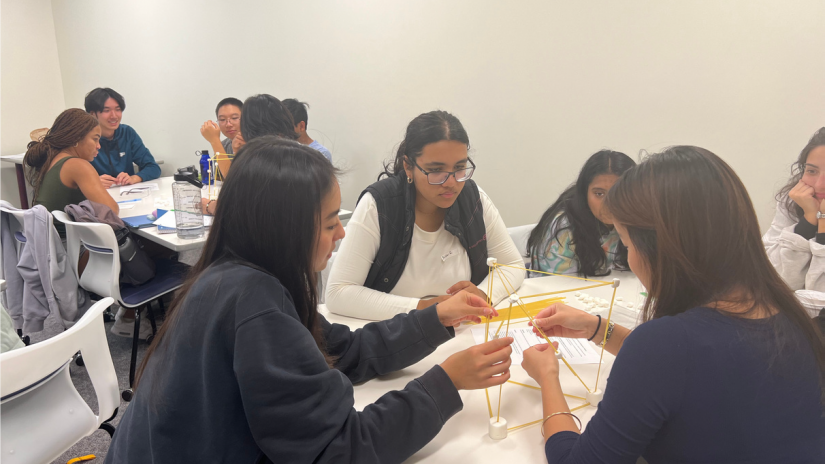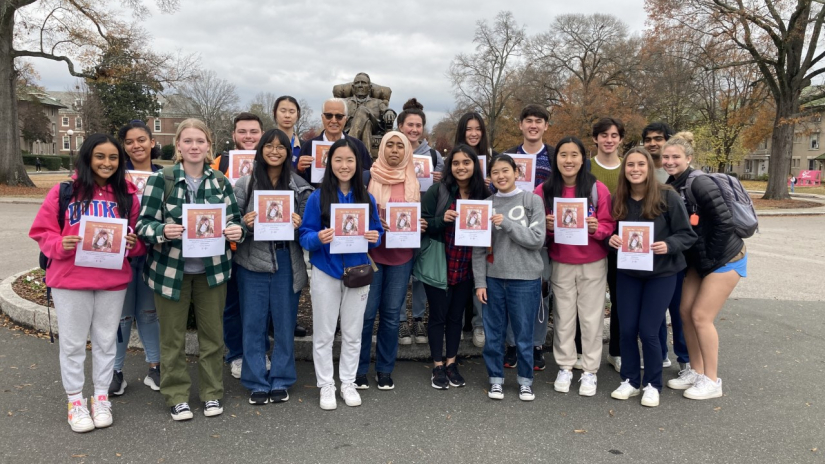Medicine, Ethics, and Health Policy
Overview
Medicine, Ethics, and Health Policy will include courses that explore policy issues in end of life care by considering personal and societal ethical issues, help students to develop scientific, clinical, and social perspectives on the issue of addiction and substance abuse disorders, and help students discern the underlying principles on which the U.S. healthcare system are based and to describe current principles and mechanisms of healthcare finance, healthcare delivery, and healthcare policy, and discuss how they affect health systems performance and health outcomes, including health inequities.
Courses
Science and Society 190FS - U.S. Health Systems and Policy (SB)

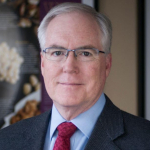
Dr. Kathryn Andolsek, Professor in Family Medicine and Community Health
Dr. Don Bradley, Consulting Professor in the Department of Family Medicine and Community Health
The U.S. health system is undergoing a tumultuous transformation amid multiple public health crises including the COVID-19 pandemic, the opioid epidemic, climate change, and pervasive health inequities.
The goals of this course are to understand:
- Whether we legitimately have a national “health system” or a disparate collection of autonomous and sometimes random parts
- If the current health system is the best way to optimize health
- the key principles on which the U.S. health system was established,
- how health systems function today, and
- how to help improve the work of health systems in the future.
Students will review historical milestones and readings. They will discern with fellow students and faculty the underlying principles on which the U.S. healthcare system (or its components) are based. They will describe current principles and mechanisms of healthcare finance, healthcare delivery, and healthcare policy, and discuss how they affect health systems performance and health outcomes, including health inequities.
In addition, students will learn and utilize key quality improvement skills and methodologies, systems-based healthcare approaches, behavior change theories and methodologies, project management, and skills to enhance team function and negotiation. External state and local community leaders will provide real world perspectives about their sectors’ role in, and impact on the health system.
Psychology 197FS — Addiction and Substance Abuse (SB)
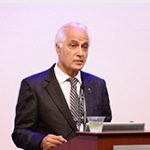
Amir Rezvani, Professor Emeritus in Psychiatry and Behavioral Sciences
The major goal of the course is to develop scientific, clinical as well as social perspectives on the issue of addiction as a treatable brain disease and substance abuse. Furthermore, students will be able to develop a scientific perspective on the etiology of addiction.
We will cover neuropharmacology and genetic aspects of addiction particularly alcohol abuse and alcoholism. We will also cover the co-morbidity of addiction with mental disorders. Students will be presented with the disease concept of addiction, and appropriate intervention and treatment strategies. Students will also visit a unique therapeutic community, which is based on principles of self-help and will get the chance to interact with recovering drug addicts. Furthermore, students will be given the opportunity to hear from several recovering drug addicts coming from different socio-economic and genetic backgrounds. Students will also get involved in self-designed individual and group projects to better understand the nature of drug addiction and the process of behavioral changes.
Overall, this course will help students to better understand the problem of drug abuse and addiction and choose more efficient approaches for prevention, diagnosis, intervention and treatment as well as policy making.
Classes will be comprised of lectures, debates, discussion, a field trip, projects presentations, guest speakers and patient presentations. Students are required and strongly encouraged to play an active role in all activities. Students are strongly encouraged and should feel totally safe and comfortable to share their observations and personal experiences as they relate to substance abuse and any form of addiction. I consider my classroom, as a learning place, the most sacred place in the world. Confidentiality and absolutely total respect from all students for all students are demanded and required when personal issues are shared and discussed for learning.
Education 190FS - Leadership in Healthcare
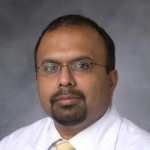
Dr. Devdutta Sangvai, Professor in Family Medicine, Pediatrics, and Psychiatry & Behavioral Sciences; Professor in the Program in Education
Do you see yourself as a future leader in healthcare? Maybe as a physician executive? Corporate healthcare CEO? Perhaps a public health advocate? Or a leader in any of the myriad other local and global settings in which leadership so crucial. If your answer is “yes", then this class is right for you!
While much of being a successful leader comes with experience and time, there are fundamental elements that can be taught and explored, especially early in one’s career. Throughout the semester, students will learn about leadership, examine their own leadership traits, and understand the types of leaders that inspire them. We will explore historical examples where leadership was critical to success, and also explore missed opportunities to make a difference. Using case studies and simulation, we will understand how to lead and when to follow. We will draw on the experience of other industries and make a case for healthcare.
Specific objectives include:
- Understand the imperative for leadership in healthcare
- Describe key leadership styles and when to apply each
- Explore the challenges and opportunities for leaders during good times and bad
- Discuss how leadership is about managing people and processes
- Recognize the importance of leading for change
- Identify your own leadership strengths and weaknesses
- Model leadership via simulation exercise(s) and case studies
Science and Society 191FS- The Art and Soul of Healing (HI)
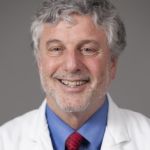
Dr. Anthony Galanos, Professor of Medicine, Associate Professor in the School of Nursing, Senior Fellow of the Center for the Study of Aging and Human Development, Associate of the Duke Initiative for Science & Society
This course offers an introduction to the multifaceted experience of being a physician through the humanities and the lived experiences of doctors. It moves beyond the scientific and technical aspects of medicine to explore the profound human dimensions of what it means to be a physician beyond science and technical skills: – the art and soul of healing. Through narrative medicine, discussions, debates, readings, movies, case studies, guest speakers, and experiential activities, students will gain a foundational understanding of the emotional, ethical, and interpersonal skills essential for compassionate and effective medical practice. Topics will include navigating grief and loss, providing palliative care, developing effective communication strategies, fostering empathy, and building resilience in the face of the unique challenges inherent in the medical field, Students will better understand the emotional and moral landscape of practicing medicine and develop the tools for meaningful, empathetic care.

